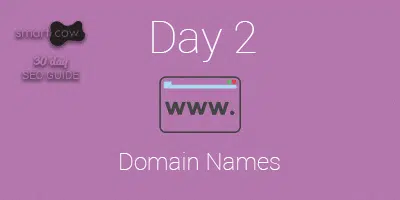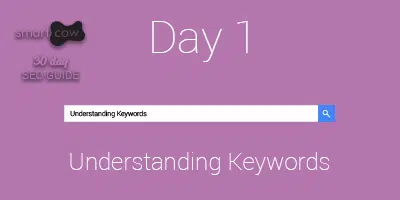So 2015 is upon us and this looks like to be another exciting year in the world of online marketing. Well, when we say “exciting” it is for us at Smart Cow Marketing. But maybe not for those of you who like skydiving or running with the bulls in Pamplona. But for us it floats are very, very well, call us sad that this is what we really like.
Anyway, enough of our own inadequacies in being able to jump out of an airplane. Let’s look at what can get your business noticed on search engines in 2015.
In a nutshell, we can see that the search engines are going to continue on their drive to make search engine results as realistic as asking a real person over the phone. We can see the goal maybe five years’ time when most searches are done through talking to your technology. This is still a bit awkward for us today, but it’s becoming more popular.
So as well as keywords placed into the search, the search engines have also been to taking into consideration your location and also your own personal preferences of what you have searched for in the past and also what you’ve searched for in the immediate past. So your search may be “what is a California pizza?” And the results might come up with a menu on how to make this type of pizza. If your next search is where I can buy one of these, currently your results will show you one of many things to buy. But as the search engines get more intelligent, they will realise that you are talking about a California pizza place that’s in the search results.
The search engines will continue in their quest to remove black hat techniques in front of all the search engine results. So such as far too high density of keywords within a webpage or having far too many artificial links pointing to your website will continue to be penalised. They will also look at rewarding more and more sites that have got good relevant and fresh content placed onto the pages.
It will be interesting to see how much Google will still place businesses having a Google plus page, even though it is still not popular. We think that this is still going to be a factor moving forward. Whether this is just for the benefit of Google places and for reviews or if they will start taking into to more consideration content placed on your Google plus page is yet to be seen. But being Google. I’m sure they will try and push it much as they can.
We can see the use of video becoming more relevant this again, partly because Google owns the largest video sharing platform, YouTube and therefore can easily link the number reviews the video to your website.
There is loads of advice we can give in order to help ensure that your site is optimised and your business works well, however the most important bit would just to be as natural as you can with regards to placing great content and building good links to your site.
Digital marketing expert Croydon
We are a digital marketing agency based in South London working with small businesses, as well as those in accountancy and the construction sector to help get them noticed online. Drop us an email at Saymoo@smart-cow.com or give us a call on 020 3137 1826.



